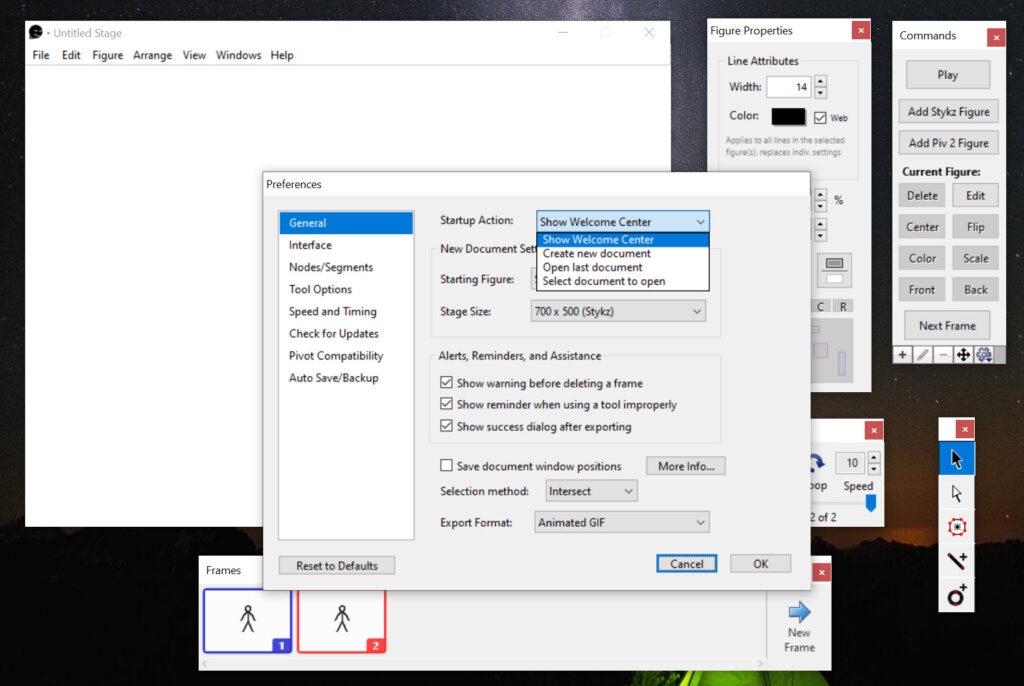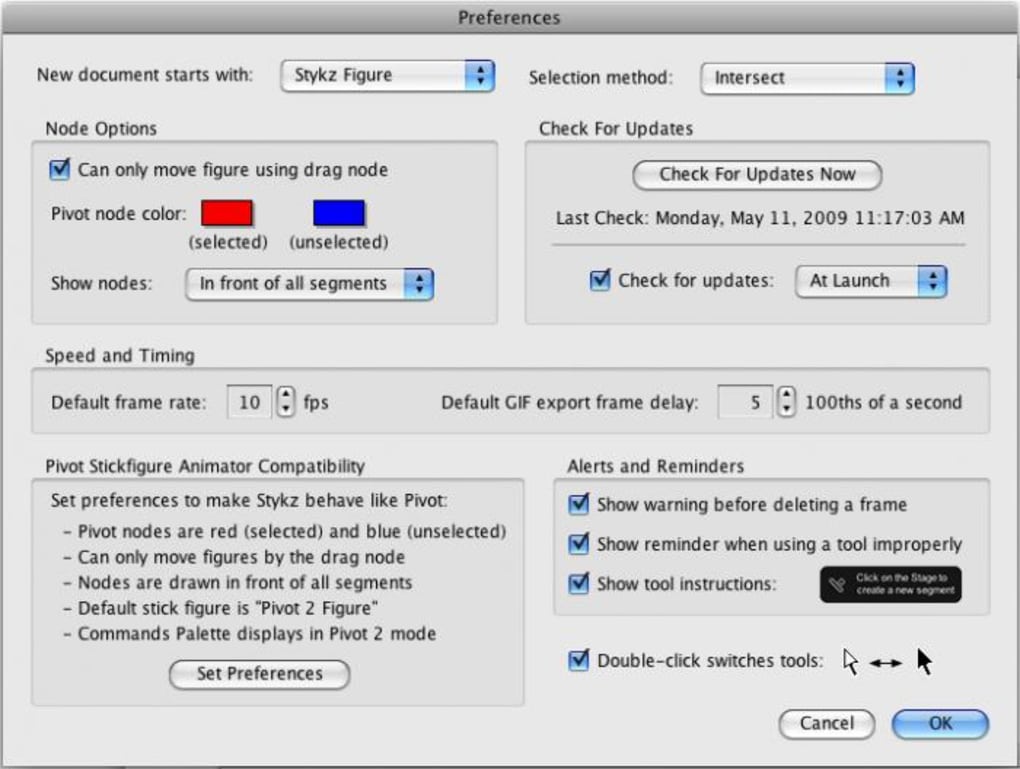

(6a) Plaintiff charges that his demotion without a prior hearing deprived him of procedural due process of law and entitled him to salary in arrears. ) We cannot say that plaintiff's demotion was an unreasonable penalty. Discretion is abused when the action exceeds the bound of reason. Plaintiff argues that the penalty was excessive. State Personnel Board, 7 Cal.3d 507, 515. Code, § 19582.) The courts will not interfere with its penalty unless it has abused its discretion. The personnel board is the ultimate authority delegated by law to fix appropriate disciplinary action. The relationship between the court and the personnel board is far different than that between the personnel board and the employing agency.

In Walker the court rejected some charges and sustained others, then directed the personnel board to reconsider the penalty. State Personnel Board, 16 Cal.App.3d 550, plaintiff argues that the personnel board should have returned the case to the Department of Corrections for reassessment of the penalty after the board rejected several of the department's charges. These occurrences supplied substantial evidence of incompetence and inefficiency. Plaintiff failed to respond, one way or another, to a teacher's request for leave of absence. He failed to supervise and evaluate a new program of elementary education when another person was put in charge of the program, it showed better results. Despite instructions, plaintiff failed to supervise enrollment procedures to attain classes of approximately equal size. Tyson's investigation revealed that in 19 of 35 cases the dropout reports filed by plaintiff reflected the wrong reason for withdrawal. Plaintiff filed standard report forms concerning student dropouts, many of which contained false entries made by plaintiff. Tyson's instructions, plaintiff failed to make observations and evaluations of teachers adequately or with required frequency. Tyson, plaintiff's immediate superior, testified that plaintiff took no effective action to stop a resident student from raising black widow spiders and that he, Tyson, had to take the corrective action. ) (2b) We find substantial evidence other than hearsay to support the findings. (4) Plaintiff is correct in asserting that several items of supporting evidence were hearsay and that hearsay alone will not support a charge. California State Personnel Bd., 237 Cal.App.2d 487, 489. (3) As is well known, the courts do not reweigh the evidence before the personnel board and draw from the evidence all reasonable inferences supporting its findings. (2a) Plaintiff contends that the findings of incompetence and inefficiency were not supported by substantial evidence. The appeal from the judgment of January 29, 1976, is properly before us. The pending mandate proceeding vested the court with continuing jurisdiction to review the personnel board's final decision rendered after compliance with the interlocutory order. The argument is ill taken because that order was interlocutory only. The Attorney General argues that plaintiff should have appealed from the judgment or order of May 29, 1975. (1) There is no merit in the Attorney General's charge of tardy appeal. On February 26, 1976, plaintiff filed a notice of appeal. On January 29, 1976, the court entered judgment denying the petition for writ of mandate. Plaintiff then returned to the superior court and filed a motion for issuance of a writ of mandate.

In compliance with the court's order, the personnel board reviewed the reporter's transcript and exhibits, then upheld its original decision and denied plaintiff's rehearing request. On May 29, 1975, the superior court filed its decision declaring that the personnel board had adopted the decision of its hearing officer without referring to the reporter's transcript of the hearing and ordering remand to the board for reconsideration. Plaintiff filed this superior court action on April 21, 1975, almost one year later. Plaintiff's request for a rehearing was denied on April 24, 1974. The board found plaintiff incompetent and inefficient, expressly rejected the other charges and concluded that the demotion was justified. Plaintiff appealed to the State Personnel Board. The stated reasons were incompetence, inefficiency, inexcusable neglect of duty and failure of good behavior. The Department of Corrections ordered his demotion to the position of elementary school teacher effective October 1, 1973. Plaintiff held a permanent civil service position as supervisor of academic instruction at the California Rehabilitation Center, apparently a position comparable to school principal.


 0 kommentar(er)
0 kommentar(er)
